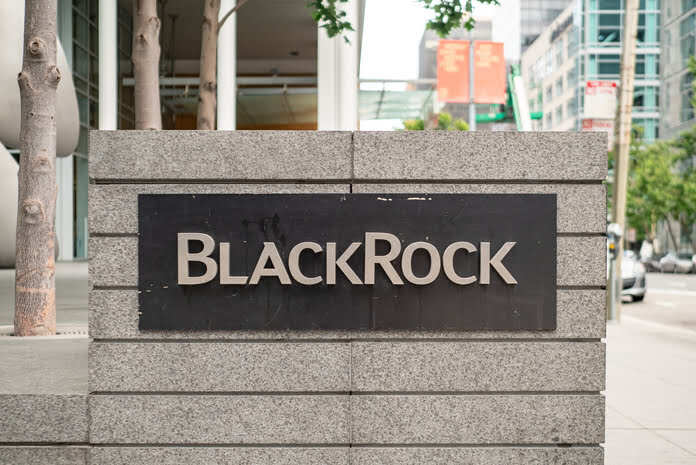Hong Kong Bitcoin ETFs Poised for Growth with In-Kind Creation Model

Analysts anticipate significant growth for Bitcoin exchange-traded funds (ETFs) in Hong Kong, driven by the adoption of the in-kind creation model, which gives them a notable advantage over their US counterparts.
Eric Balchunas, a senior ETF analyst at Bloomberg, highlights Hong Kong’s adoption of the in-kind creation model as a potential catalyst for boosting assets under management (AUM) and trading volume for ETF products in the region. This view is supported by research from Bloomberg ETF analyst Rebecca Sin, who sees the in-kind model as an “opportunity for the market.”
Sin elaborates on the difference between the US and Hong Kong approaches, noting that while the US relies on cash transactions for Bitcoin ETF creation (cash in, Bitcoin ETF out), Hong Kong aims for Bitcoin-based creation (Bitcoin in, ETF out), presenting a unique opportunity for the market.
Earlier this year, Hong Kong authorities signaled their readiness to accept applications for spot crypto ETFs, with plans to introduce these financial products by mid-year. Several entities, including Harvest Hong Kong, have since filed applications to launch spot Bitcoin ETFs.
The in-kind creation model favored by Hong Kong contrasts sharply with the cash-creation model favored by US authorities. With in-kind redemptions, ETF issuers can exchange the fund’s underlying assets, such as Bitcoin, with market makers instead of transacting in cash during share creation and redemption. This mechanism allows ETFs to issue creation units without immediately selling the securities for cash.
In contrast, the cash redemptions required by the US SEC mandate fund managers to sell Bitcoin to provide cash for redeeming shareholders. Notably, BlackRock, one of the Bitcoin ETF issuers, has raised concerns about this method, citing challenges in maintaining share prices aligned with Bitcoin’s actual value.
Featured Image: Freepik






